
Today I want to share a simple tip to interact with data logged from a Simulink modelThe ProblemLet's take this simple model that logs 3 signals with different sample times:After simulating, it is... 더 읽어보기 >>

Today I want to share a simple tip to interact with data logged from a Simulink modelThe ProblemLet's take this simple model that logs 3 signals with different sample times:After simulating, it is... 더 읽어보기 >>
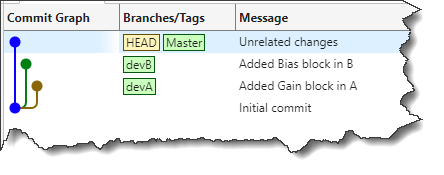
This post is targeted at users developing Simulink models under Git source control, but who are not necessarily using the MATLAB source control integration.I personally work in MATLAB and Simulink... 더 읽어보기 >>
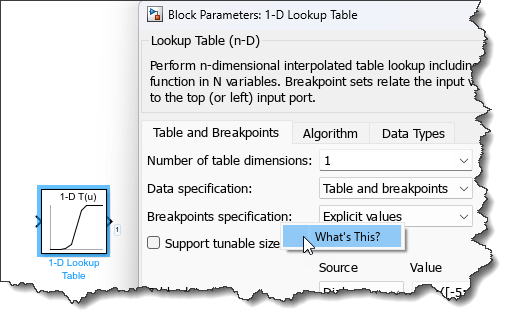
Here is another frequently viewed MATLAB Answers post:Set simulation time and fixed step size for a Simulink model from the command lineWhile this question asks specifically about stop time and... 더 읽어보기 >>
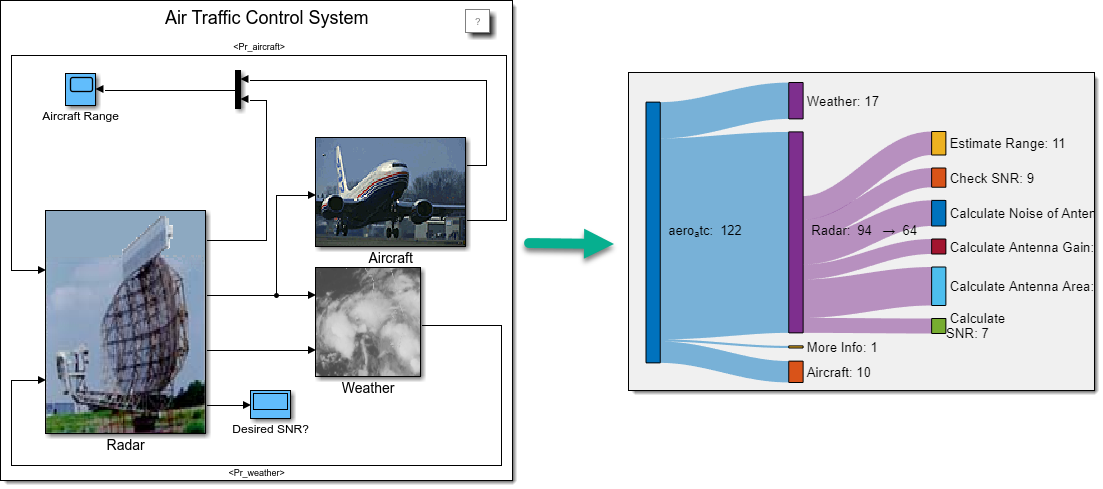
I was recently discussing different ways to visualize the content of a Simulink model with colleagues. Working in technical support, I receive models from users every day and it's always useful to... 더 읽어보기 >>
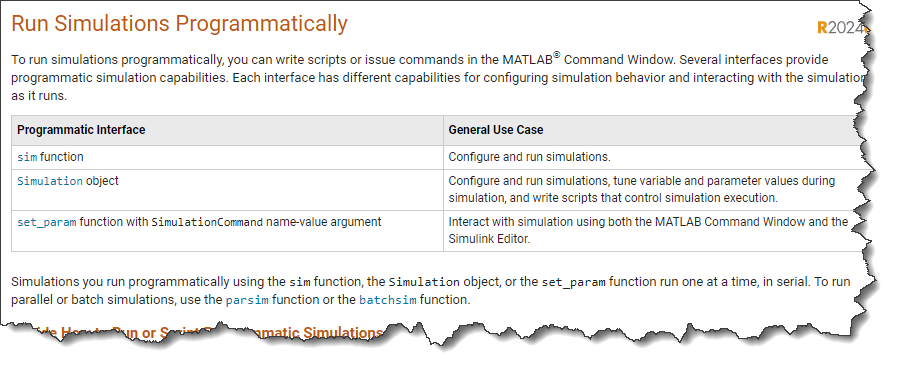
I recently ran into a report of the most visited entries on MATLAB Answers. I looked at the ones involving Simulink and thought it would be interesting to cover some of those on this blog. While most... 더 읽어보기 >>

Until recently, I always had trouble when dealing with MATLAB function handles. I cannot really explain why, there was just something I could not wrap my head around.To help a user, I finally took... 더 읽어보기 >>

Today I am happy to welcome guest blogger Reid Spence. Reid helps Simulink users running simulations in parallel using functions like parsim or batchsim. In this post, he shares best practices to... 더 읽어보기 >>

Some time ago, I published a post encouraging you to use Simulink.findBlocks instead of find_system. This week, I will take this a little bit further and show how to create a custom match filter to... 더 읽어보기 >>

If you are creating, editing or analyzing Simulink models programmatically, you are probably familiar with find_system.While there is nothing fundamentally wrong with find_system, in this post I want... 더 읽어보기 >>
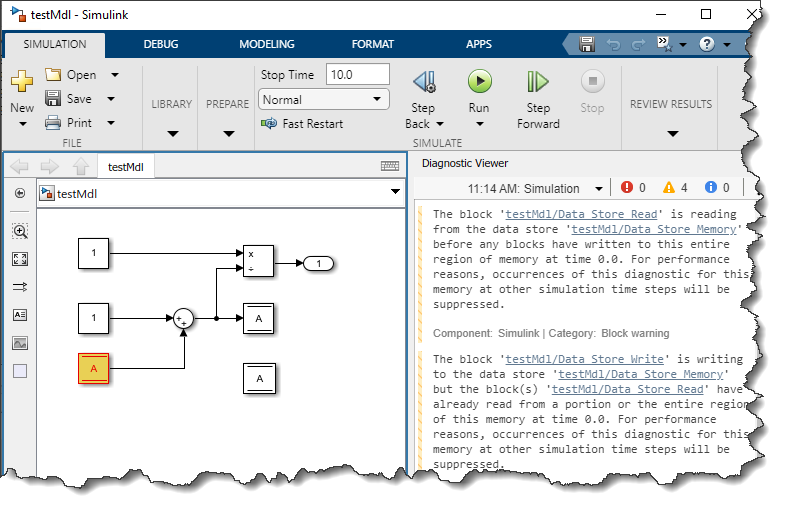
I am sure most Simulink users will agree that viewing and analyzing warnings and errors is an important part of working with Simulink models. When simulating models interactively using the play... 더 읽어보기 >>